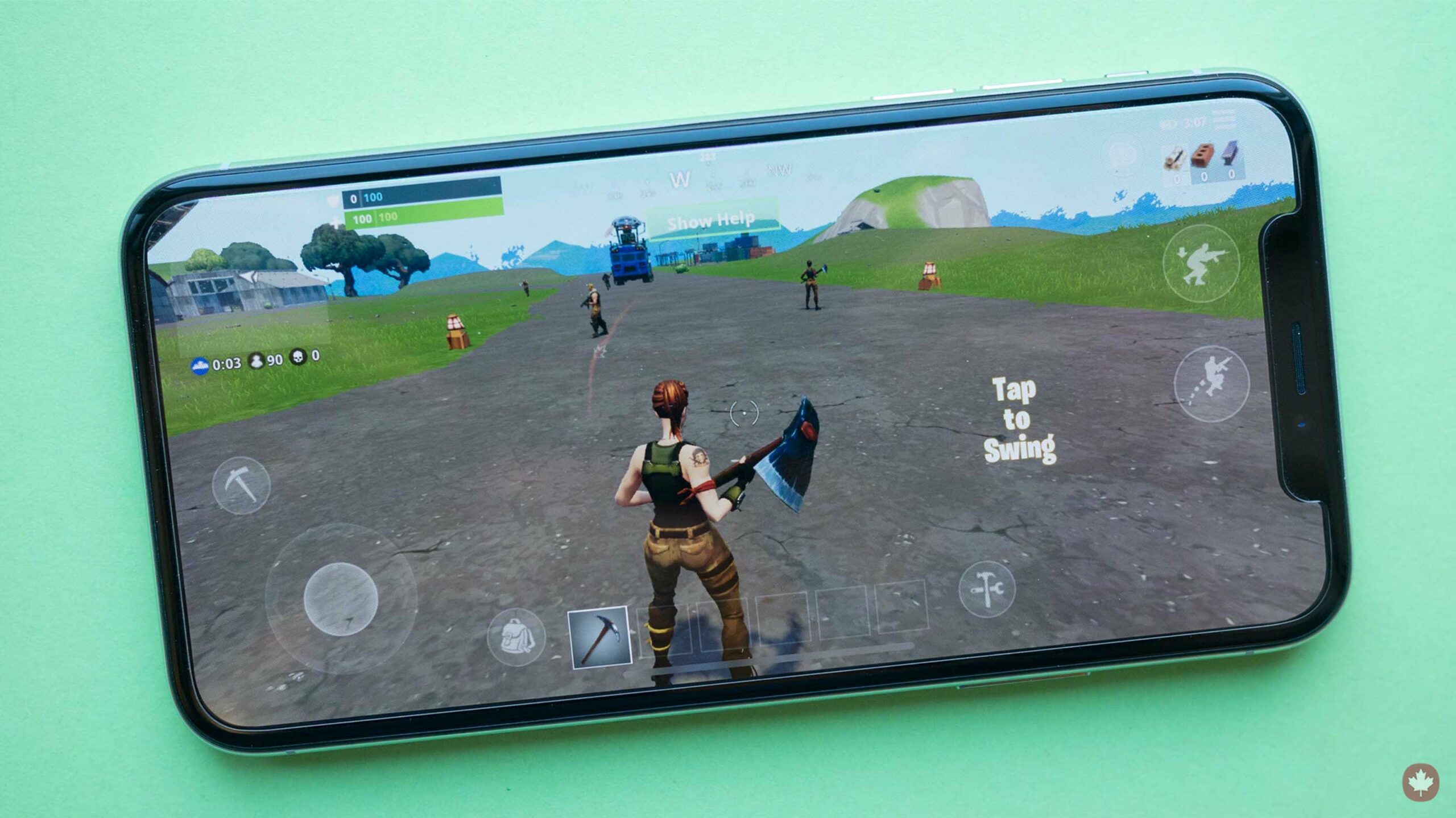
A U.S. judge criticized Epic Games for being dishonest during the first court hearing in the ongoing antitrust lawsuit between the Fortnite maker and Apple.
Judge Yvonne Gonzalez Rogers of the United States District Court for the Northern District of California heard arguments from both companies during a three-hour Zoom hearing Monday. Gonzalez Rogers expressed skepticism about Epic’s arguments, especially its claim that it didn’t pose a security threat to Apple.
According to a report from CNN, the judge said that Epic lied and “that’s the security issue.” Gonzalez Rogers went on to say that “there are a lot of people in the public who consider [Epic] heroes for what [they] did, but it’s still not honest.”
Epic has long argued that it was standing up to Apple’s “monopoly.” The game maker says that Apple’s control over iOS and the App Store allows it to force developers into using its payment method and thus hold up monopolistic control over apps.
It all started with a payment system
Back in August, Epic introduced a direct payment method in its popular Fortnite game, which allowed it to bypass Apple’s 30 percent App Store fee. Apple charges the fee for any payments that use its in-app payment method, and also restricts developers from using other payment methods with its App Store guidelines.
Because Fortnite‘s new direct payment directly violated Apple’s rules, it kicked the game off the App Store. Epic responded in turn with a lawsuit. It’s worth noting similar events took place with Google’s Play Store on Android devices. However, a significant difference between the two is that Google allows third-party app stores and the installation of apps from sources outside of the Play Store. As such, Fortnite fans could still get the game on Android by downloading it from other places. Players on iOS can only get the game through the App Store.
After Epic sued Apple, both companies engaged in back-and-forth attacks on each other, ranging from petty to serious. For example, Epic said Apple threatened to terminate its Unreal Engine developer account, which isn’t associated with Fortnite. Gonzalez Rogers previously ruled that Apple can’t terminate that account, but was free to terminate the developer account Epic used for Fortnite. At the same time, the judge ruled Apple didn’t have to return Fortnite to the App Store.
Likewise, Epic also engaged in a public relations campaign positioning itself as the good guy with an ad mimicking Apple’s famous ‘1984’ commercial. Epic added a playable character called ‘Tart Tycoon’ to Fortnite as well. Apple sued Epic seeking damages for harm to its reputation over the campaign. These are just a few examples of the fight between the two companies.
Throughout the lawsuit, Epic petitioned the courts to force Apple to allow Fortnite back on the App Store. That included arguing that the game’s removal caused it irreparable harm. Apple responded in turn, saying Epic used the lawsuit to draw attention to the game as interest waned.
Judge feels the antitrust questions deserve a jury
The hearing didn’t answer any of the looming questions about the antitrust allegations or whether Apple would have to return Fortnite to the App Store. For the latter, the New York Times reports a decision will arrive in the coming days. I don’t expect it to be in Epic’s favour, considering Gonzalez Rogers previously ruled Apple didn’t have to reinstate Fortnite and seems unconvinced by Epic’s arguments.
As for the bigger questions about antitrust, Gonzalez Rogers believes the they are important enough that the case be taken to a jury trial in July 2021.
However, CNN reports that Gonzalez Rogers wasn’t persuaded by Epic’s argument that Apple’s bundled App Store and payment method violate antitrust law. The judge also didn’t completely agree that Apple harmed Epic’s ability to distribute Fortnite through control of the App Store.
“Walled gardens have existed for decades. Nintendo has had a walled garden. Sony has had a walled garden. Microsoft has had a walled garden. What Apple’s doing is not much different… It’s hard to ignore the economics of the industry, which is what you’re asking me to do,” Gonzalez Rogers said.
Epic isn’t the only company taking issue with Apple’s policies
However, Epic’s lawsuit has become something of a rallying cry for many developers who feel they’ve been wronged by Apple’s App Store guidelines. Last week, several companies formed the Coalition for App Fairness, which aims to “defend the fundamental rights of creators to build apps and to do business directly with their customers,” according to Epic CEO Tim Sweeney. Along with Epic, the coalition includes Spotify, Tile and Match Group, which owns several dating services including Tinder and Hinge.
Many developers have accused Apple of applying its App Store rules unfairly, especially in the last few months. For example, a group of news publishers sent a letter to Apple seeking a deal that reduces the 30 percent cut the company takes from subscription services. The letter cited a similar deal Apple gave to Amazon, which CEO Tim Cook testified in a congressional hearing was available to any developer that met the criteria. Apple has not shared what those criteria are.
Epic has also pointed out that Apple’s in-app payment rules differ from app to app, and listed several other services that aren’t forced to use Apple’s system. Finally, there was an instance where Apple blocked updates to the WordPress iOS app until the developer added in-app payments. The company later back-pedalled on the move.
Source: CNN, New York Times Via: The Verge
MobileSyrup may earn a commission from purchases made via our links, which helps fund the journalism we provide free on our website. These links do not influence our editorial content. Support us here.


